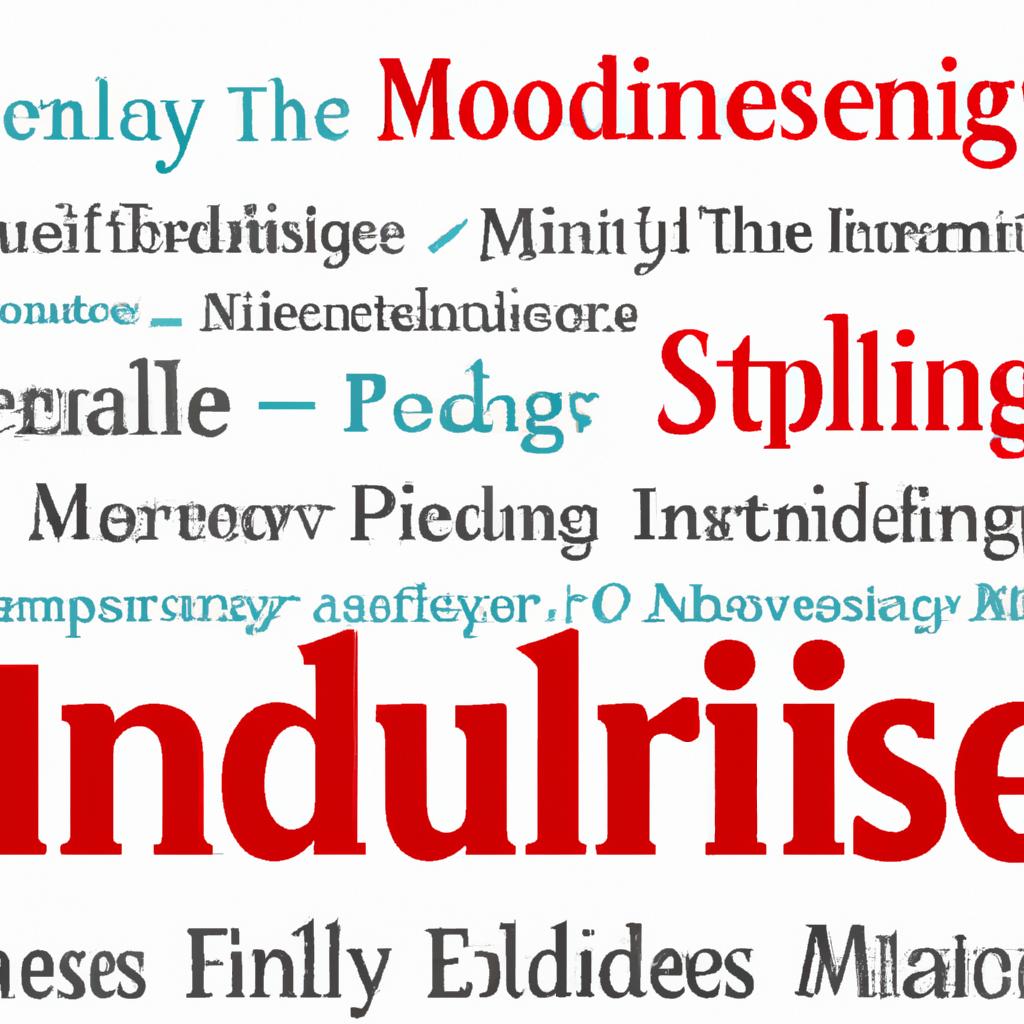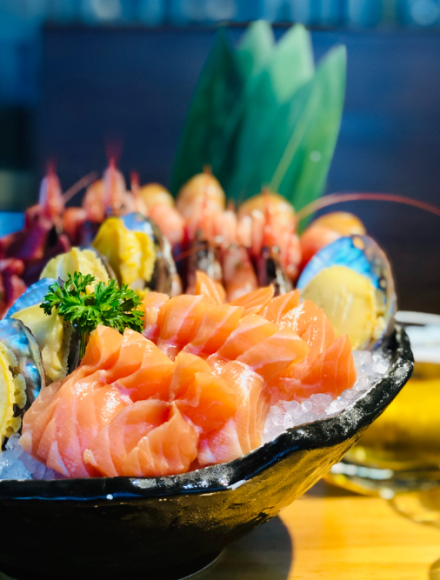Finding Balance: How Mindfulness Practices Enhance Your Healthy Lifestyle

In a world that often feels chaotic and overwhelming, the quest for balance can seem like an elusive dream. We juggle demanding careers, family obligations, and the constant ping of technology, all while trying to maintain a healthy lifestyle. In this fast-paced reality, self-care can easily fall by the wayside, leaving us disconnected from our bodies and minds. Enter mindfulness practices—a calming refuge that not only promotes mental clarity but also weaves seamlessly into our daily routines. From meditation and yoga to mindful eating and breathing exercises, these ancient techniques have gained modern traction for their transformative power. This article embarks on a journey to explore how integrating mindfulness into your daily life can enhance your health, foster resilience, and cultivate a more harmonious existence. Join us as we delve into the art of finding balance in the midst of life’s unpredictable rhythm, allowing you to nurture both body and spirit in your quest for well-being.
Exploring the Intersection of Mindfulness and Nutrition for Lasting Wellness
In our fast-paced world, the practice of mindfulness offers a sanctuary for nurturing our relationship with food. When we approach eating with a mindful mindset, we are more likely to savor each bite and listen to our body’s cues. This conscious awareness can lead to transformative changes in our dietary habits. Instead of mindlessly consuming meals, engaging in mindfulness can help us reconnect with our bodies, fostering an understanding of what our bodies truly need. Consider the following benefits of incorporating mindfulness into your eating habits:
- Enhanced Awareness: Being present allows us to recognize hunger and fullness signals.
- Improved Digestion: Slowing down aids in the digestive process, reducing bloating and discomfort.
- Greater Enjoyment: Savoring flavors leads to a more pleasurable eating experience.
- Reduced Emotional Eating: Mindfulness helps in distinguishing between physical hunger and emotional triggers.
As we cultivate a healthy lifestyle, it’s equally beneficial to explore how nutrition can enhance our mindfulness practices. Certain foods can boost cognitive function and overall well-being, creating a synergy between what we consume and how we feel mentally. Here’s a quick overview of foods that support mindfulness:
| Food | Benefit |
|---|---|
| Leafy Greens | Rich in magnesium, promoting relaxation. |
| Fatty Fish | Omega-3s support brain health and reduce anxiety. |
| Nuts and Seeds | Provide energy and stabilize blood sugar levels. |
| Dark Chocolate | Enhances mood and promotes mindfulness through sensory pleasure. |

Cultivating a Mindful Movement Practice to Nourish Body and Mind
Embracing a movement practice rooted in mindfulness invites a refreshing perspective on how we engage with our bodies. This approach encourages a deeper connection between physical activity and mental awareness, transforming every stretch and breath into an opportunity for self-discovery. By focusing on the sensations in your body rather than the end goals, you cultivate a sense of presence that can enhance both physical health and emotional well-being. Consider integrating practices such as:
- Yoga: Linking breath with movement to promote flexibility and mental clarity.
- Tai Chi: Flowing sequences that encourage balance and relaxation.
- Walking Meditation: Mindfully experiencing each step and connection with the ground.
To truly nourish both body and mind, it’s essential to incorporate elements that support this mindful movement. This means creating an environment and routine that fosters focus and peace. Consider the following aspects when embarking on your mindful journey:
| Element | Benefit |
|---|---|
| Quiet Space | Enhances concentration and reduces distractions. |
| Breath Awareness | Grounds you in the present, allowing for clearer movement patterns. |
| Consistent Practice | Builds resilience and a deeper understanding of your body’s needs. |

The Role of Mindfulness in Stress Management and Emotional Resilience
In today’s fast-paced world, the ability to cope with stress and foster emotional resilience is more important than ever. Mindfulness practices, such as meditation, deep breathing, and body scans, serve as effective tools in this regard. By encouraging individuals to immerse themselves in the present moment, these practices help to break the cycle of negative thought patterns that often accompany stress. This transformative approach enables one to acknowledge their emotions without judgment, creating space for clarity and self-acceptance. As a result, individuals often discover enhanced focus and improved decision-making skills, facilitating a more balanced response to life’s challenges.
Moreover, the integration of mindfulness into daily routines can lead to significant improvements in emotional well-being. Some notable benefits include:
- Increased Self-Awareness: Mindfulness fosters a deeper understanding of one’s thoughts and feelings.
- Reduced Anxiety: Regular mindfulness practice can lower anxiety levels, promoting a greater sense of calm.
- Enhanced Coping Strategies: Individuals learn techniques to navigate stress more effectively.
- Improved Relationships: Mindfulness cultivates empathy and compassion, strengthening interpersonal connections.
Through these practices, not only is stress management enhanced, but a foundation for long-term emotional stability is also established. Embracing mindfulness can truly become a cornerstone of a healthy lifestyle, guiding individuals toward a more rewarding, balanced existence.
The Way Forward
As we conclude our exploration of the harmonious interplay between mindfulness practices and a healthy lifestyle, it’s clear that the journey to balance is as expansive as it is personal. Embracing mindfulness offers us more than just a respite from the chaos of daily life; it equips us with the tools to cultivate awareness, foster resilience, and nurture a deeper connection with ourselves and the world around us.
Incorporating mindfulness into our routine doesn’t mean we have to overhaul our lives overnight. Rather, it invites us to take small, intentional steps—whether through meditation, conscious breathing, or just being present in our daily activities. Each moment spent in mindfulness is a moment spent in living fully, appreciating the richness of our experiences, and making informed choices that align with our health goals.
As you embark on or continue your journey towards achieving balance, remember that mindfulness isn’t a destination but a continuous practice. Allow it to inform your decisions, shape your habits, and enrich your understanding of what it means to lead a healthy, fulfilling life. With this new perspective, you may find that balance is not just a goal, but a beautiful part of your everyday existence. So take a deep breath, embrace the present, and step into a vibrant, mindful future.





